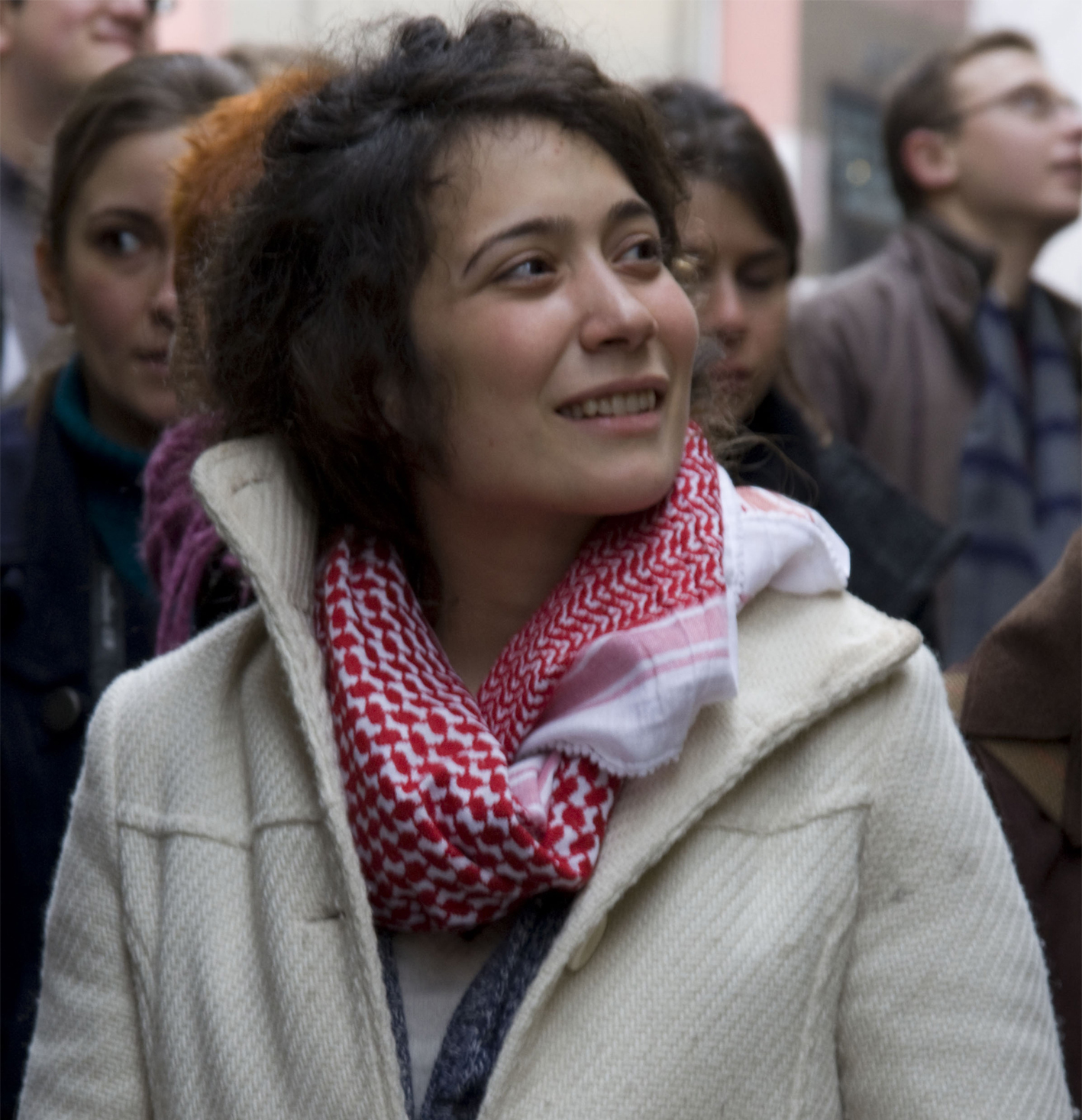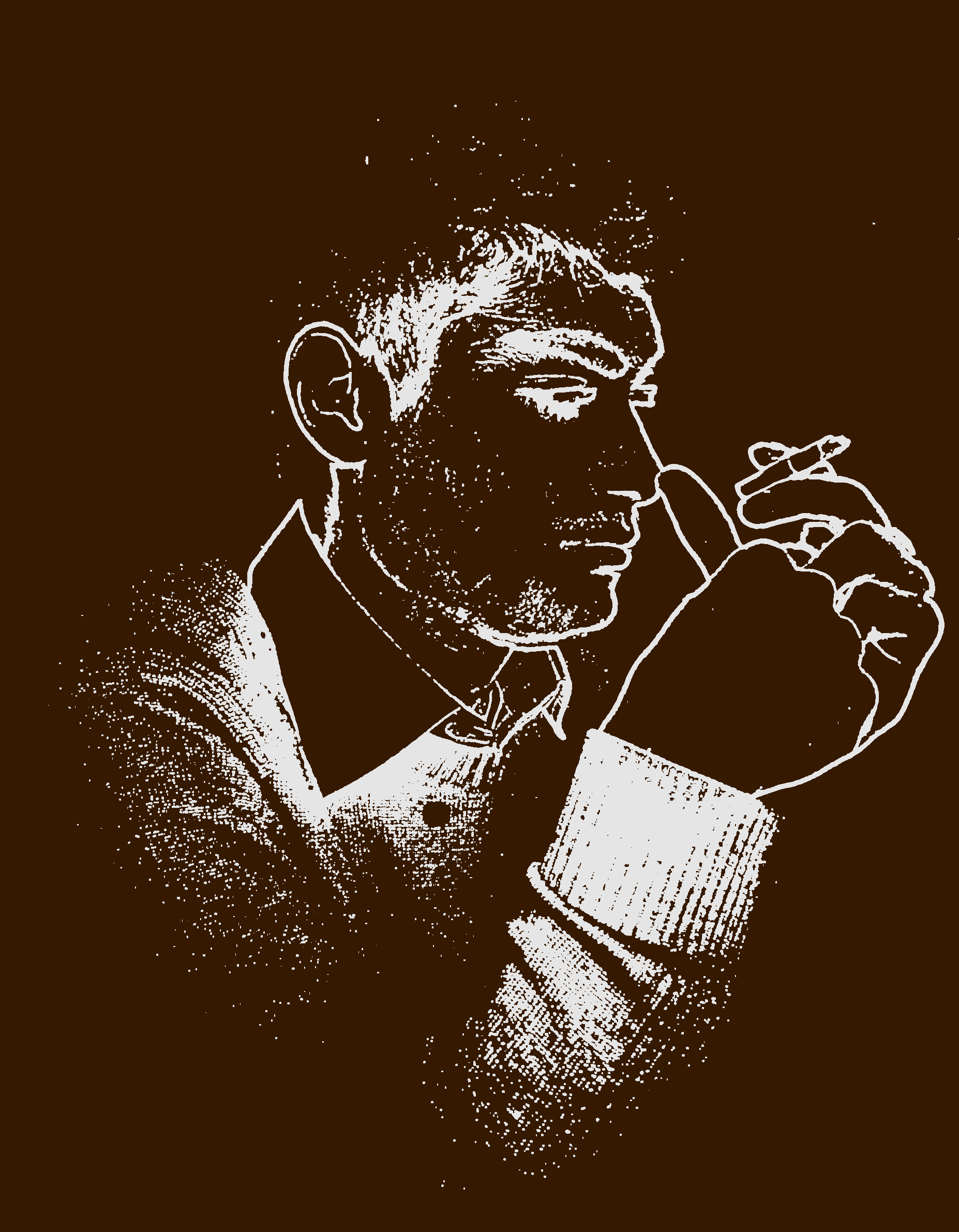
Ezgi Güner was an undergraduate in the Sabancı University Cultural Studies Program when she conducted an oral history interview with Orhan, who ran away from home at the age of ten and began to stay in orphanages. Orhan’s life story gives voice to his ongoing search for identity and the children who have to live on the streets or in orphanages.
Ezgi says: “Oral history was a good excuse for a chat. Orhan and I met through the project and we became friends. Our friendship, which started with me listening to his story, was different from other friendships that we establish. The things we talked about filled up 80 pages. Then we sold the magazine, at which Orhan works as a graphic designer, at the stand we opened at Sabancı University. For the same magazine, he interviewed my mother for mother’s day. Our roles have changed over time; we got to know each other better, and when the project was over, our friendship remained.
Orhan was born in 1989 in Maraş. At the age of 10, he escaped from his brother’s house in Istanbul and began to stay in orphanages in various parts of the city. The life he lived alone in the city was different from the life he lived in the village with his family. He learned how to use Istanbul, how to survive here, to find his own way, and to push the boundaries without being noticed. This meant having knowledge about the city, and as far as I understand, Orhan cared about this pretty much. In the paper that I wrote after our interviews, I tried to find answers to what this knowledge means to Orhan, how it is used and in which ways it is useful.”
From Ezgi’s interview with Orhan:
“I am not a street child, no one is a street child. It’s not a street child that is on the street right now. This could be you, too. You may stay on the street, as well. You are not a street child either.”
“(...) Think about this. Think of a family who lost their house in the earthquake. They live on the street. Is that a street child? No, he is an earthquake victim. You can see him as an earthquake victim, too. Society is doing it. Since they distinguish between those with and without a place, some become street child, some become family child, some become mommy’s child…”
Orhan wanted us to use his autoportrait instead of his photograph.
You can listen to Orhan:

